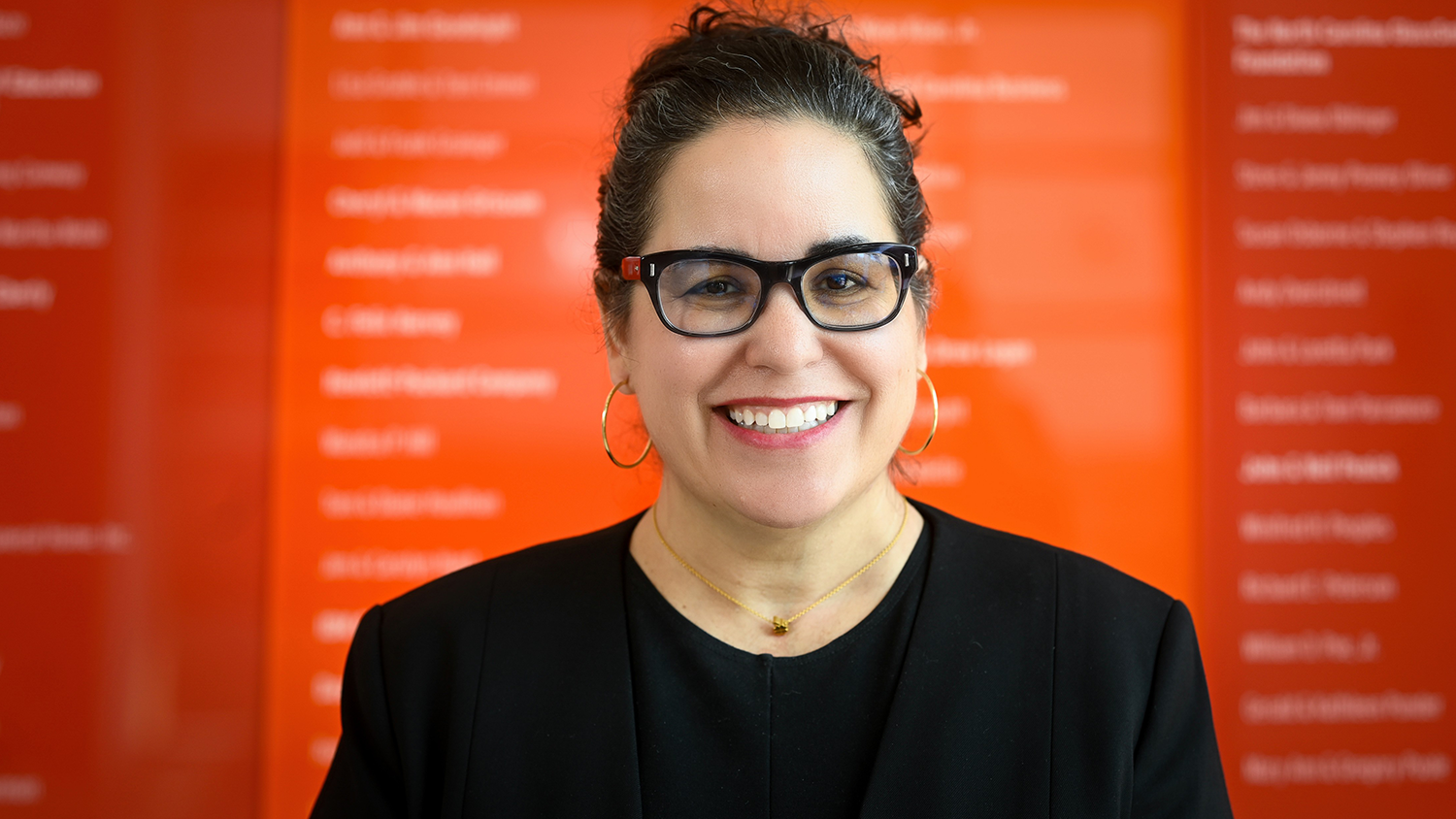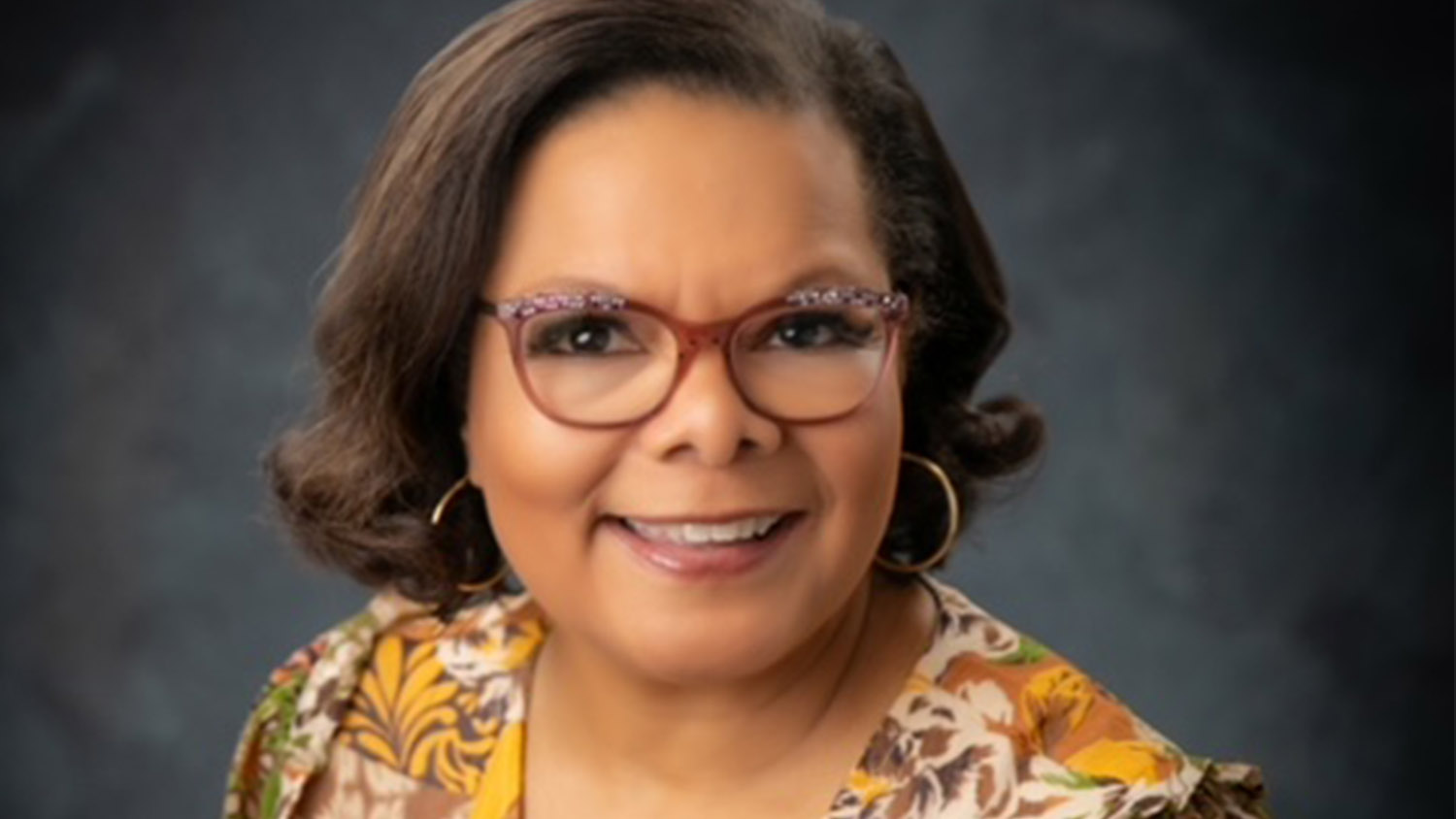Krista D. Glazewski: ‘I See Myself Carrying Forward and Adding to the Great Work That’s Already Happening at the Intersection of Research, Practice and Policy’

Krista D. Glazewski joined the NC State College of Education in July 2023 as the executive director of the Friday Institute for Educational Innovation and the associate dean of translational research in the college.
A former middle school teacher, her partnership work has spanned multiple regions in the U.S. to investigate how and under what conditions teachers might adopt and adapt new practices. The integration of these ideas has resulted in numerous contributions, and is distinguished by over 70 publications and $10 million in external funding primarily from the National Science Foundation, US Department of Education and the Department of Defense.
Learn more about Glazewski below:
Why did you choose a career in education?
My background is as a middle school teacher. I really wanted to be a teacher because I saw myself as both the kind of person who could communicate well and teach well. And in addition, I see education as such a beneficial force in my own life and experienced such great educators, in my own schooling and in my own life, and it was something I naturally gravitated to.
I taught middle school in Albuquerque, New Mexico, in the Nineties, teaching ESL, language arts, social studies and science. I loved teaching in the middle grades – the experience of having lots of different things that I taught in different content areas, because I loved the variety.
What inspired you to pursue a doctoral degree?
In the later Nineties, we started to see computers showing up in schools, first in our media centers and libraries, and then we saw computers showing up for use in classrooms with teachers. I was in a master’s degree program and, at the same time, I was learning about technology in the classroom and what we could do. Because I was teaching ESL I didn’t have access to a ton of great language resources at the time that would really enrich kid’s lives and help them to become proficient in all the ways that they need to communicate. So, I started using computers in my own classroom with my ESL students and this sparked a deep interest in the possibilities of opening up worlds.
I asked my professors what I could do and they said, “keep going,” so I did.
What are your research interests?
Having consistently engaged with multiple disciplines throughout my career, I’ve been inherently attracted to the thought processes and reasoning encouraged in classrooms that embrace interdisciplinary perspectives and methodologies. My natural inclination towards interdisciplinary or cross-disciplinary endeavors stems from a desire to harness various disciplinary practices for complex problem-solving. After all, the majority of the challenges our world faces are multifaceted and cannot be addressed through a singular perspective.
I began experimenting with various methodologies in the classroom. This exploration continued and deepened during my graduate studies, where I studied formalized techniques of complex problem-solving such as problem-based, case-based, and inquiry-based learning. These pedagogical strategies have consistently informed my approach to integrating technology, especially emerging technologies, into the educational environment. Ambitious teaching practices of this sort require robust and effective resources. Consequently, these pedagogies and the use of innovative technologies in the classroom work hand-in-hand, each complementing and enhancing the other.
What is translational research and what does it mean to you to engage in translational research?
I would say that translational research has been a hallmark of my own research work. Translational research is really getting at the idea that the research work that happens at the university can be applied and understood to have practice and policy implications in the classroom and vice-versa. Throughout my career, from my early graduate research to my dissertation and even today, I have actively collaborated with teachers and classrooms. Everything I talk about and publish about has been in partnership with teachers in the classroom. When we take what happens in the classroom and we understand a problem of practice systematically and deeply through our research methods, it informs what we’re able to do in our research work. This approach ensures that the findings of research not only inform classroom practices but are also reciprocally influenced by real challenges faced in educational settings.
What is one moment or project in your academic career that you are particularly proud of?
I’m going to say this moment. Being appointed as the director of the Friday Institute represents a hallmark moment for me. Reflecting on my days as a middle school teacher in Albuquerque, New Mexico, I never envisioned that my passion could be magnified to this extent. Now, I am presented with an opportunity to be a part of far-reaching impacts at scale. There really is nothing else like the FI, and I am profoundly grateful for the privilege to serve here.
What do you hope to accomplish through your role as associate dean in the College of Education?
My vision revolves around sustaining and enhancing the incredible work already in progress at the FI, building on the established networks here, supporting our collaborations, and nurturing our existing partnerships. I also see the importance of cultivating new partnerships, new networks, new relationships as we continue to build synergies with faculty and graduate student expertise that leverage areas of excellence in alignment with local school district, state and national priorities. We have some formal methods that that happens through, such as the Catalyst Grants and the faculty fellows and the convenings that we may do, but we also have some informal mechanisms that will help enable brainstorming and spark idea formation.
What do you believe makes someone an extraordinary educator?
An extraordinary educator is someone who is incredibly curious about everything in their world, someone who is willing to take risks in their educational practice, someone who is committed to creating pathways and opening up opportunities for a diverse range of learners, and someone who has a passion for seeing learning happen in all of its various micro and macro forms. .
- Categories:


